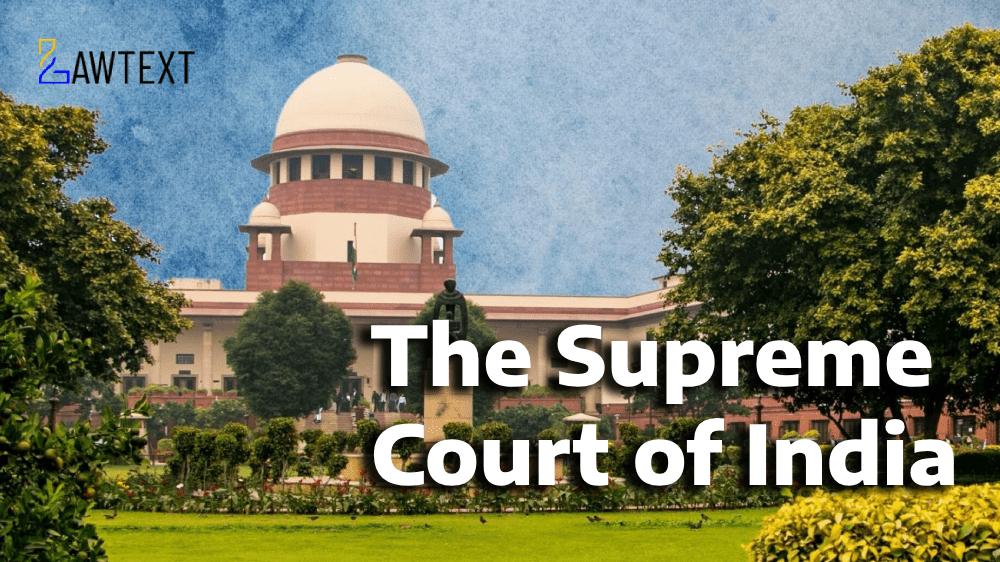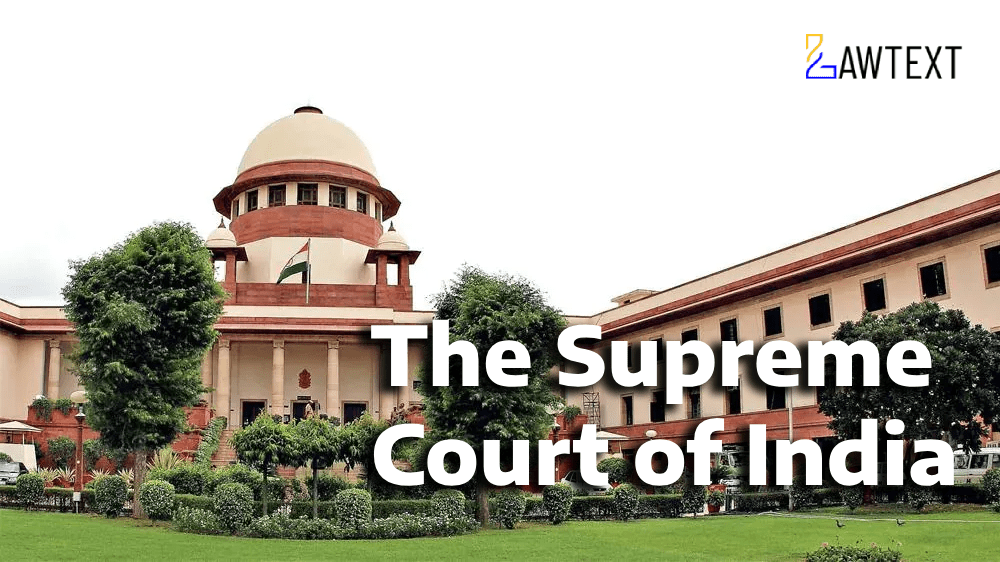Case Note & Summary
The Supreme Court set aside the conviction of the appellants, who were previously acquitted by the Trial Court and later convicted by the High Court under Section 302 read with Section 34 and Section 323 of the Indian Penal Code (IPC). The Court held that the High Court had wrongly reappreciated the evidence and erroneously placed the burden of proof on the accused, leading to an incorrect conviction. The Supreme Court restored the original acquittal, stating that the Trial Court’s findings were plausible based on the evidence.
1. The Incident:
The appellants, father and son, were accused of assaulting the deceased, Punjabhai, with pipes and sticks on 17th September 1996. The deceased succumbed to his injuries the following morning, on 18th September 1996. The Sessions Court acquitted the appellants in 1997, but the High Court overturned this acquittal in 2018, sentencing them to life imprisonment.2. Prosecution's Case:
PW-1 Danabhai, brother of the deceased, was informed by one Vajsurbhai that the appellants had assaulted his brother. PW-4 Karshanbhai, an alleged eye-witness, claimed he was also attacked by the appellants on the same day.3. The High Court Judgment:
The High Court relied on the police statement of PW-4 and discounted contradictions in the witness statements and medical evidence. It shifted the burden onto the appellants to prove their innocence, contrary to the principle that the burden of proof lies with the prosecution.4. Supreme Court's Findings:
The Supreme Court found that the High Court failed to appreciate that the Trial Court's acquittal was based on a plausible interpretation of the evidence. It held that the High Court erred in placing the burden on the appellants to disprove the prosecution's case, stating that such a burden only arises if a statutory presumption or reverse onus exists, which was not applicable here.5. Conclusion:
The Supreme Court restored the Trial Court's acquittal, noting that there was no compelling reason to overturn it. Acts and Sections Discussed:Section 302, Indian Penal Code (IPC):Punishment for murder.
Section 34, Indian Penal Code (IPC):Acts done by several persons in furtherance of a common intention.
Section 323, Indian Penal Code (IPC):Punishment for voluntarily causing hurt.
Section 161, Code of Criminal Procedure (CrPC):Police officer’s power to record witness statements during investigation.
Section 162, Code of Criminal Procedure (CrPC):Use of statements recorded by the police, specifically limiting them to being used for contradictions in court.
Ratio Decidendi:Principle of Burden of Proof:The accused are presumed innocent until proven guilty. The burden of proof lies entirely with the prosecution unless a reverse onus or statutory presumption applies, which did not in this case.
Standard of Review in Acquittal Appeals:In an appeal against acquittal, the Appellate Court must determine if the acquittal was based on a plausible interpretation of the evidence. A mere possibility of a different interpretation is insufficient for reversing an acquittal. The acquittal strengthens the presumption of innocence, and the Appellate Court must find clear errors or perversity in the original judgment to overturn it.
Subject Tags: Indian Penal Code (IPC) Acquittal Appeals Burden of Proof Appellate Review Murder Prosecution
Issue of Consideration: Bhupatbhai Bachubhai Chavda & Anr. Versus State Of Gujarat
Premium Content
The Issue of Consideration is only available to subscribed members.
Subscribe Now to access critical case issues





